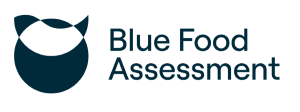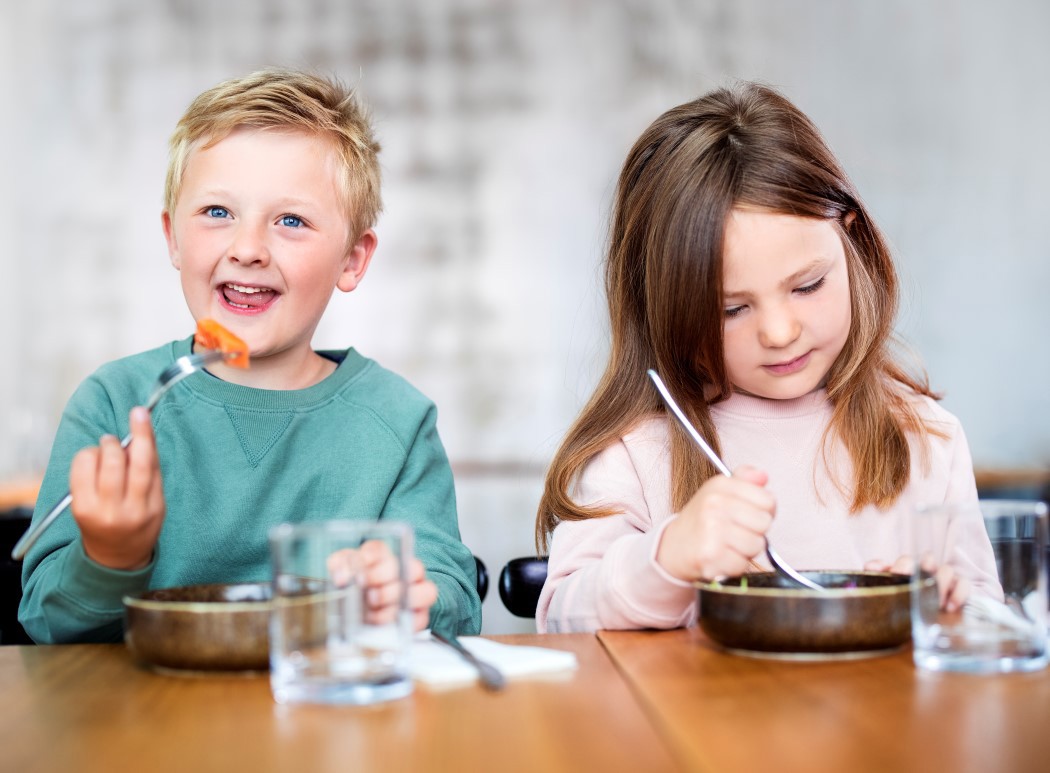The role of blue feeding
 On a global scale, blue foods – the diversity of aquatic species and products from the oceans and freshwater – play a critical role in ending human malnutrition and building a healthy, sustainable and resilient food system. In addition to providing food and nutrition security for billions of people and being a vital provider of livelihoods, economies and cultures for many coastal states. Many blue foods are produced in ways that are more environmentally sustainable than terrestrial foods. These forms include: lower greenhouse gas production, reduced use of natural resources, and reduced impact on surrounding ecosystems and communities.
On a global scale, blue foods – the diversity of aquatic species and products from the oceans and freshwater – play a critical role in ending human malnutrition and building a healthy, sustainable and resilient food system. In addition to providing food and nutrition security for billions of people and being a vital provider of livelihoods, economies and cultures for many coastal states. Many blue foods are produced in ways that are more environmentally sustainable than terrestrial foods. These forms include: lower greenhouse gas production, reduced use of natural resources, and reduced impact on surrounding ecosystems and communities.
In 2021, Skretting produced 2.6 million aquaculture feeds resulting in more than 21 million meals of fish and prawns daily in the world.
In this regard, it is also very positive that a greater proportion of fish production is now going directly to human consumption (which in turn is reducing meat intake), and that the increased demand for blue foods resulting from rising incomes and urbanized areas is being met by increased yields and improved food prices.post-harvest methods and distribution channels.
The Blue Food Assessment (BFA) is a joint international initiative that has brought together more than 100 scientists from more than 25 institutions. Stockholm University's Stockholm Resilience Centre and Stanford University are the main scientific partners, and the EAT foundation is the main impact partner. This interdisciplinary team supports decision-makers in assessing trade-offs and implementing solutions to build healthy, equitable and sustainable food systems, focusing on two goals: to increase our understanding of the role of aquatic foods in global food systems today and in the future; and provide this new information to decision-makers whose policies and actions can steer the food system in a more sustainable direction.

The global community is committed to ending hunger worldwide, and our ability to meet this significant goal depends largely on how successful we are in using natural resources sustainably. The improved and increasingly innovative transformation of wild-caught marine raw materials will result in more food and higher-value products for supply chains; However, in order for the oceans to be an essential part of a larger solution, aquaculture is responsible for meeting the world's growing appetite for healthy, nutritious and affordable seafood.
While farmed fish and shrimp already provide more than half of those consumed today, there is expert analysis that suggests that, if done correctly, the sector can provide even more. In line with this, Skretting has long argued that faced with the challenge of providing a population of approximately 10 billion people by 2050 with a healthy diet that is produced within planetary boundaries, aquaculture is uniquely positioned to be one of the most productive and sustainable food systems for people and the planet.
At Skretting, we know that the health of the ocean is critical to meeting these ambitions. As signatories to the United Nations Global Compact's Sustainable Ocean Principles, we recognize that all stakeholders must act responsibly and proactively to safeguard the long-term well-being of all water systems. To this end, and across our business, we will work more closely across the value chain to ensure best practice is in place across the board.

Following
Connect our strategy to the United Nations Sustainable Development Goals (SDGs)
Our purpose is to "Feed the Future", which inspires us and makes us proud of the help we provide to solve one of humanity's greatest challenges. The Sustainable Development Goals (SDGs) were launched by the United Nations in 2015 and are an excellent vehicle to work towards our vision.
